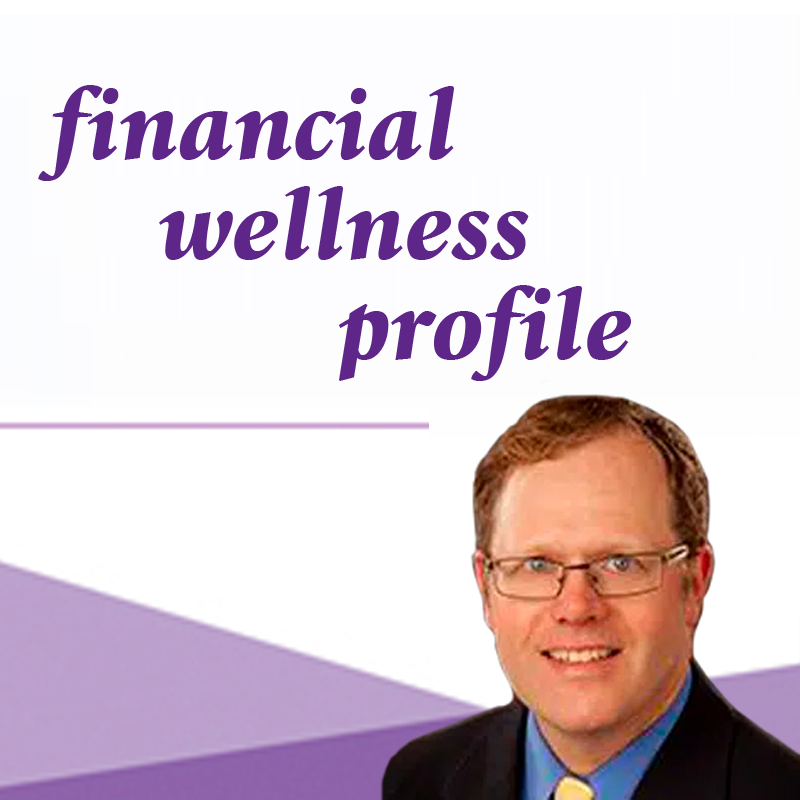
By the time he enrolled in Des Moines University’s College of Osteopathic Medicine, David Best, D.O.’02, already had some savings and a 401(k) account from his job as an analytic chemist with a pharmaceutical company. Still, he knew he wouldn’t graduate debt-free. That’s why he applied to the National Health Service Corps scholarship program, which covers tuition and offers stipends to residents in exchange for a minimum of two years of service in Health Professional Shortage Areas that need primary, dental and behavioral health care providers.
“That allowed me to not take out as many loans,” says Best, a primary care and addiction medicine physician at the practice he and his wife, Lindsay Best, D.O., co-own, Best Medical Services PLLC in Traverse City, Michigan.
Sharing knowledge about scholarships, loan repayment programs and other financial tools is a goal of the DMU Alumni Board, of which Best is a member. When the board surveyed graduates on possible benefits it could offer, a top response was providing information about managing one’s finances, including student loan debt. To serve this need, the board created a four-part Financial Wellness Series that covers budget development, estate planning, employment contracts, insurance and tax considerations. Three of the series sessions are available online; the fourth occurred “live,” in which participants could ask questions of the series’ expert faculty.
After he graduated from DMU and completed his residency, Best fulfilled his four-year service commitment at Bellaire Family Health Center in Bellaire, Michigan. Like the NHSC, that location was a good fit for him.
“You’re going to have to practice somewhere. The National Health Service Corps narrowed my choices somewhat, but there are still a lot of places you can go,” he says. “I knew I was interested in primary care, so it was a great way to get my tuition paid, have less loan debt and get good training. Bellaire offered a great practice environment. I was able to treat patients regardless of their ability to pay.”
Best also notes that many states also have loan repayment programs, such as Michigan’s, which Lindsay used to help pay off her loans from her four years at Michigan State University College of Osteopathic Medicine. In addition, DMU’s financial aid office has its own Smart Cents Series, which offers students a variety of programs and resources about student loans, identity theft, budgeting basics, loan repayment programs and other important financial matters through presentations, workshops, open houses and one-on-one counseling sessions with financial aid staff.
Past president and a current trustee of the Michigan Osteopathic Association, Best says the NHSC and his experiences at Bellaire helped him make the leap to private practice.
“Together, they gave me a good start in my career,” he says.

